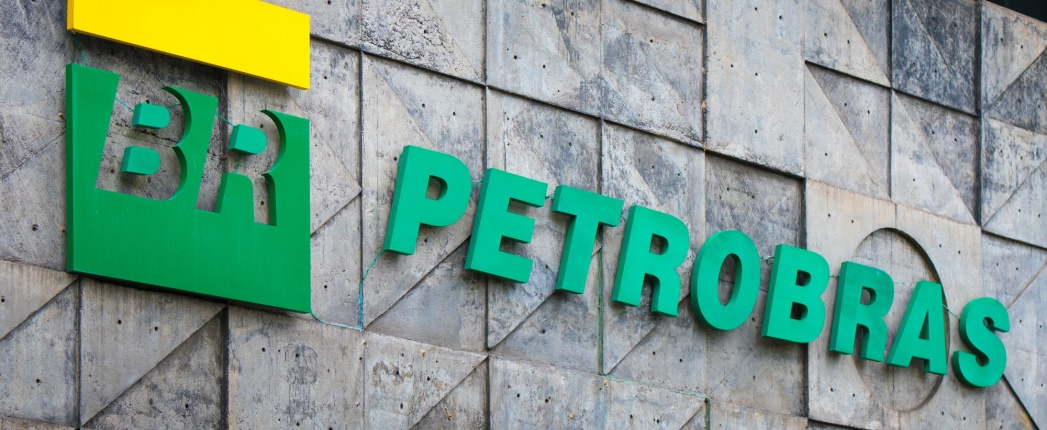
When former Brazil president Jair Bolsonaro decided that state-owned oil company Petrobras would sell off half of its refineries, he said he was trying to promote competition that would improve the offer for customers.
The initiative largely stalled, though, under Bolsonaro’s successor, current President Luis da Silva, and Petrobras last year backed out of a deal to sell its Lubnor refinery, a producer of asphalt and naphthenic base oils. That raises a question of whether killing the deal is bad for the lubricant industry.
The undoing of the sale appears to have reduced the likelihood of near-term upgrades to the refinery’s base oil plant. But observers say completing it may not have improved competition.
The refinery, formally named Lubrificantes e Derivados de Petroleos do Nordeste, is located in Brazil’s northeastern state of Ceara and is a small refinery with capacity to process 10,400 barrels per day of crude oil and to make 1,290 b/d of base oil, in addition to asphalt and other products. In May of 2022, while Bolsonaro was still in office, Petrobras agreed to sell it to Grepar Participacoes, a local asphalt company.
Closing of the sale was delayed, though, by criticism from Petrobras workers and Brazilian asphalt and lubricant companies, which led the country’s competition court to revisit its review. In the meantime, Lula came to office having vowed to halt Petrobras’ divestment program. In November the company announced it was nixing the deal.
Before the divestment initiative, Petrobras was the nation’s only producer of virgin base oils, but Lwart Environmental Solutions makes Group II oils at its rerefinery in Lencois, and Petrobras did sell its refinery in Sao Francisco do Conde before Lula took office. The latter facility includes a paraffinic base oil plant with capacity to make 1,750 b/d of Group I oils. The country also imports roughly half or more of the base oils it consumes. Lubnor is the only domestic source of naphthenic base oils.
While waiting for its proposed purchase to be approved, Grepar executive consultant Eduardo Bellaguarda told Lube Report that the company had plans to expand base oil production at Lubnor. Although this would certainly have helped satisfy local demands, supply would still be in the hands of one company.
A Petrobras spokesperson said the company is considering expansion possibilities at Lubnor, mainly for naphthenic lubricants, but also asphalt, diesel, biomethane, and biobunker. However, this is only a consideration for now and no concrete plan has been confirmed.
As for competition, popular economic theory says it increases when additional suppliers enter a market, often leading to lower prices and better service. But industry sources contacted for this article said it may not have happened had the Lubnor sale gone through.
“Privatizing does not always mean lower prices and better quality,” local business consultant Yuri Sanchez told Lube Report, adding that markets can remain uncompetitive.
Director of LubeKem consultancy Claudio Silva said the sale of Petrobras refineries in the North and Northeast regions of the country would not increase competition in the local fuels market. “At the end of the day, these refining divestments would result in regional monopolies as opposed to a national monopoly,” Silva told Lube Report.
He did note that naphthenic base oil output at Lubnor fell 6% the past three years and observed that Petrobras is focused now on crude oil exploration and production.
“We can only wait for the new plans – if any – of Petrobras at Lubnor and its eventual impacts on Brazilian markets like asphalt, fuels, lubricants, greases, process oils and naphthenic base stocks,” said Silva.
A more significant impact, he said, would come from a long-delayed Petrobras project in the southeastern state of Rio de Janeiro, Gaslub. At the end of 2023, the company announced it was proceeding with the project, which calls for construction of a 12,000 b/y Group II plant in the city of Itaborai. There is no timeline yet for that project, which currently is Petrobras’ only confirmed base oil investment.
Lwart is carrying out a one billion-real project (U.S. $250 million) to expand its Lencois rerefinery in the northeastern state of Bahia by 2025. Slated to be completed by 2025, the project is designed to raise Group II production capacity by 50%. The plant currently has capacity to process 2,100 b/d of used lubricants and to make 1,550 b/d of base oil.